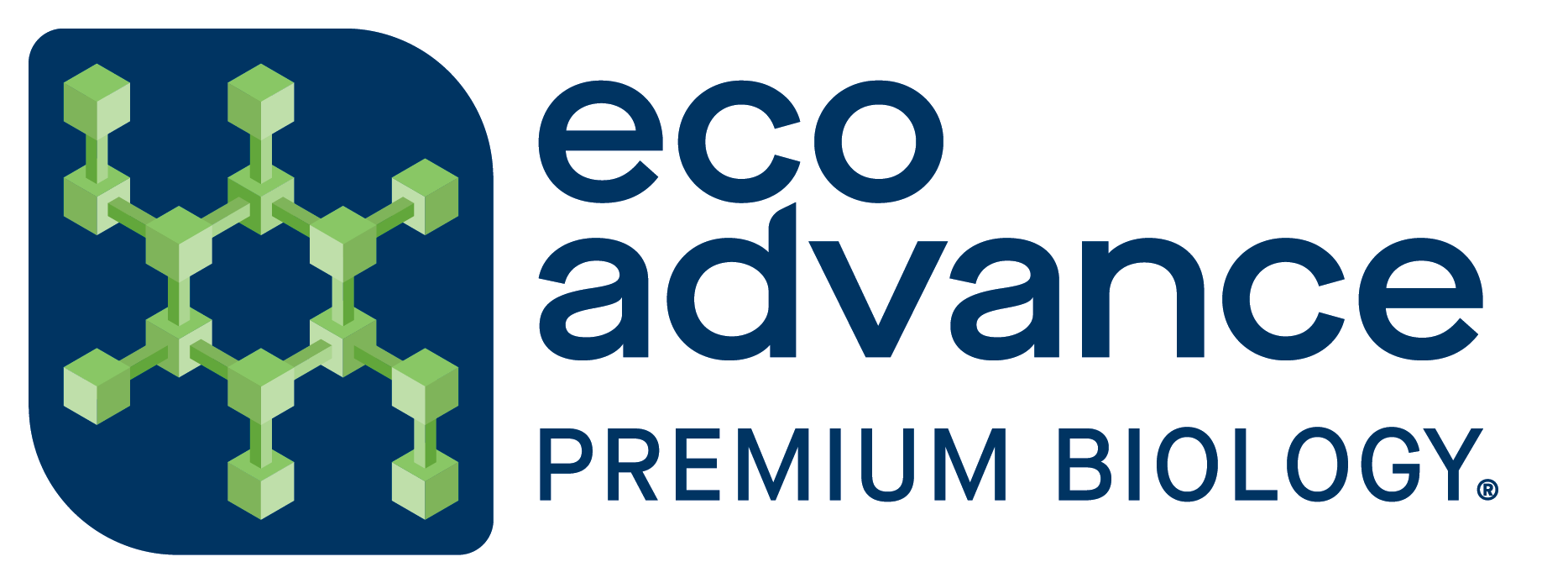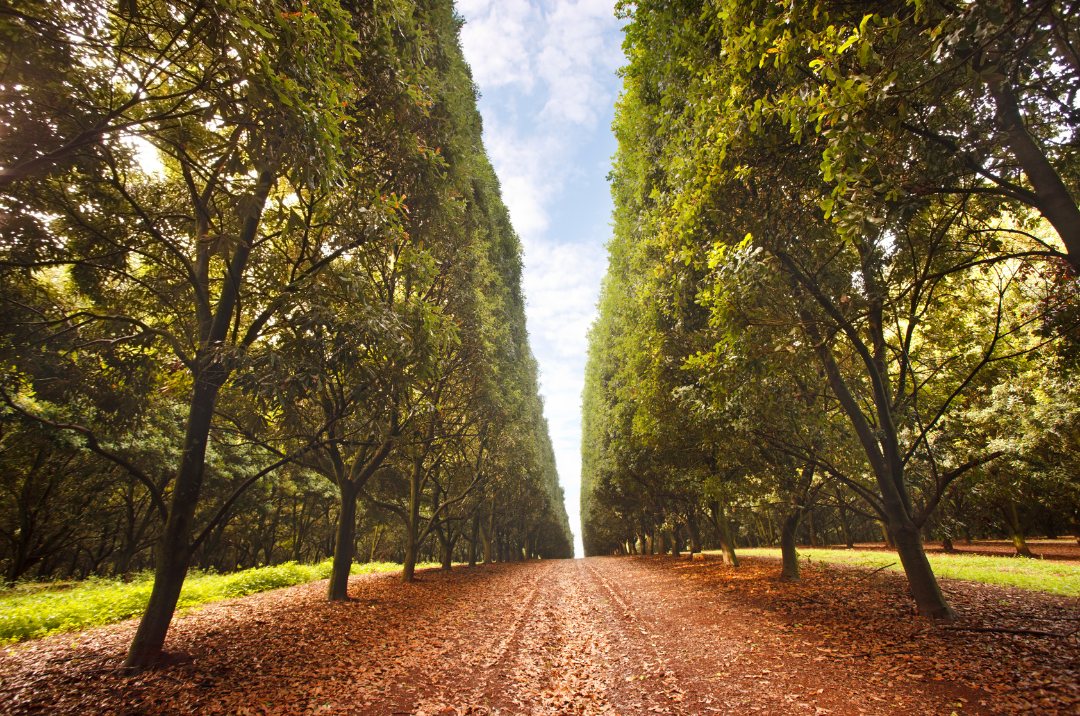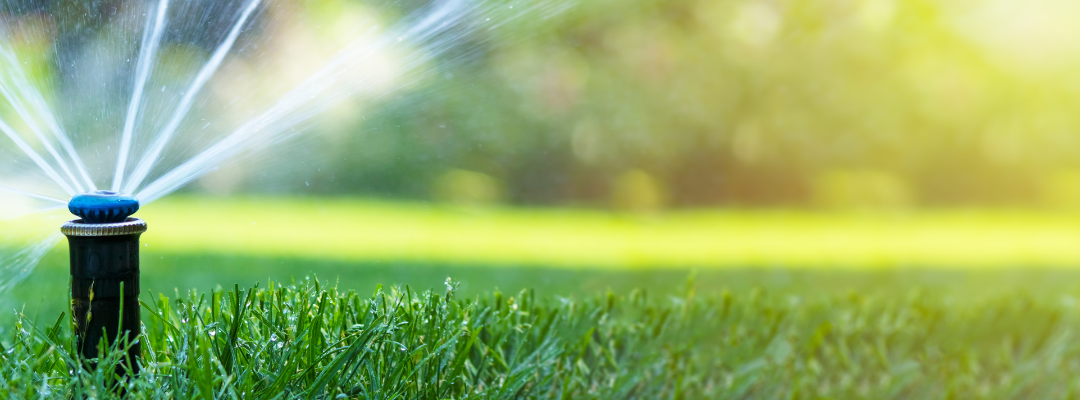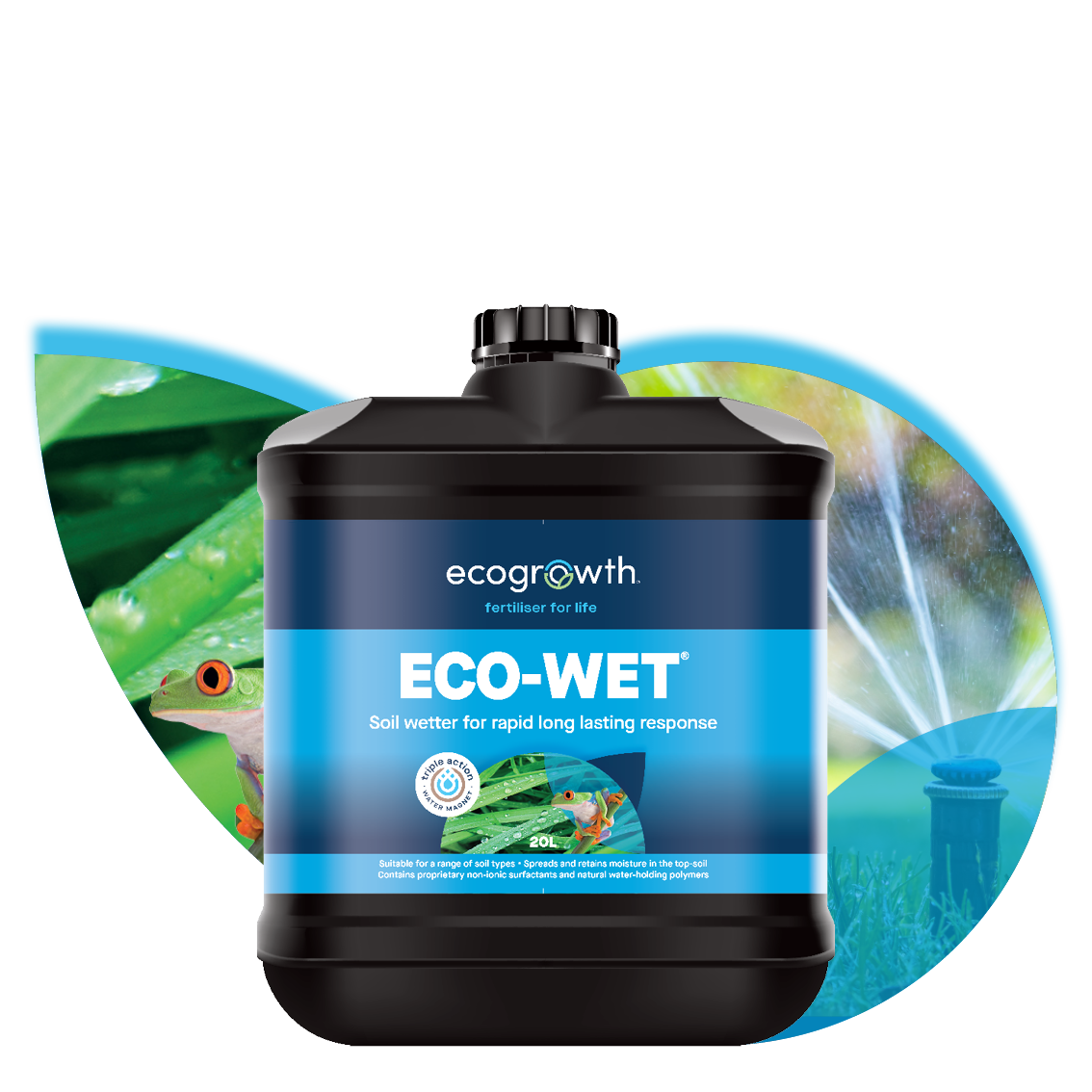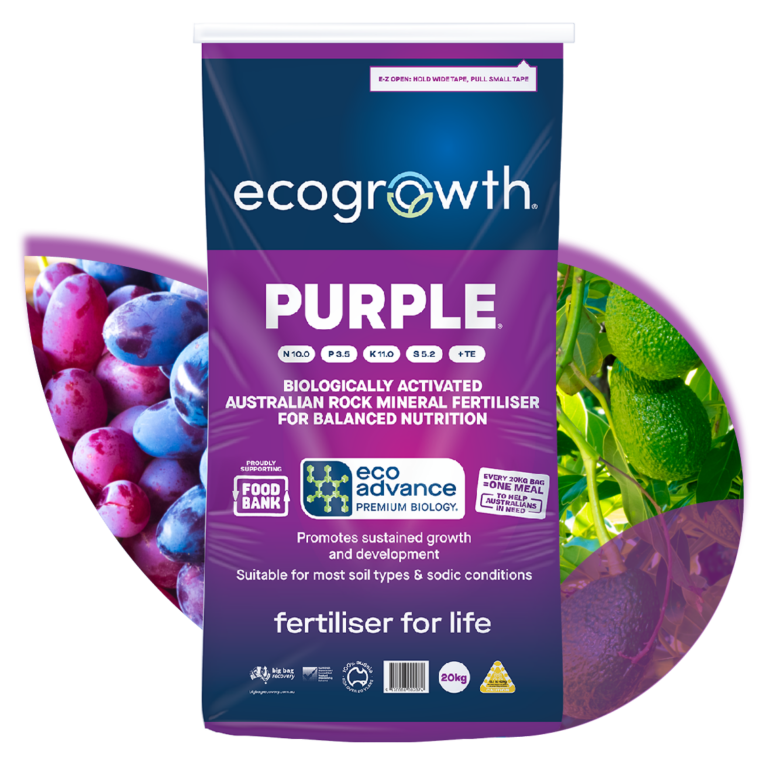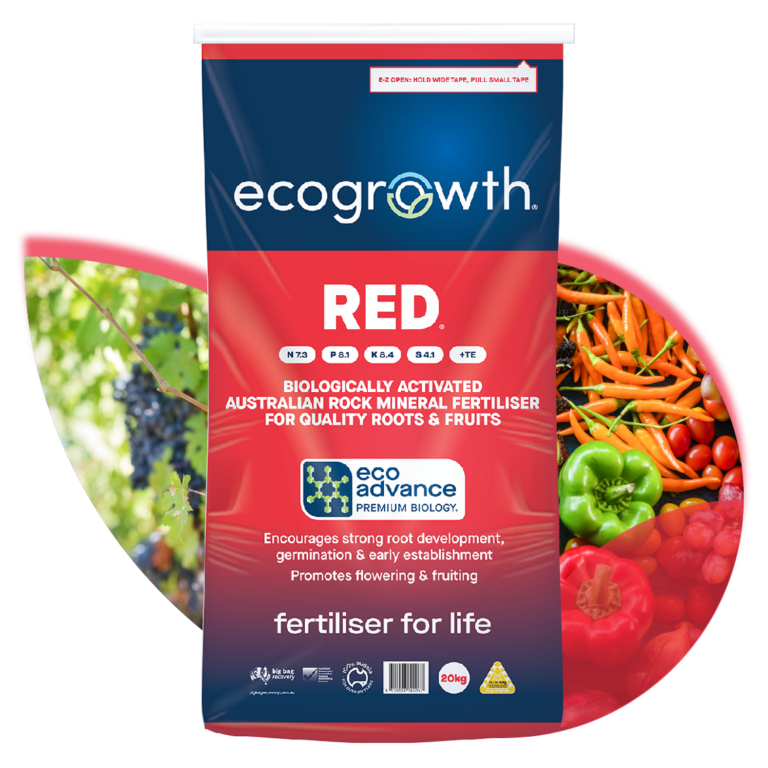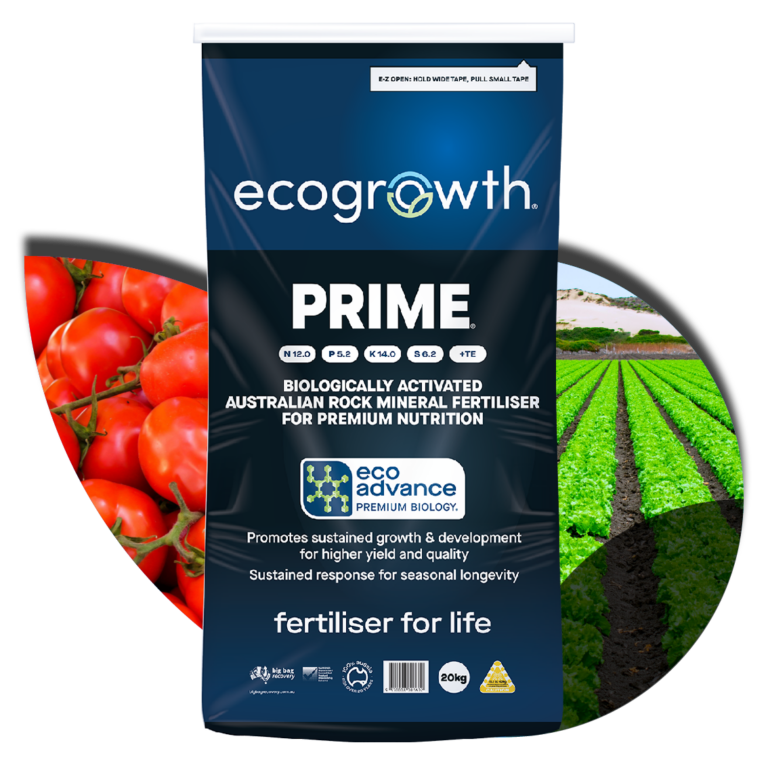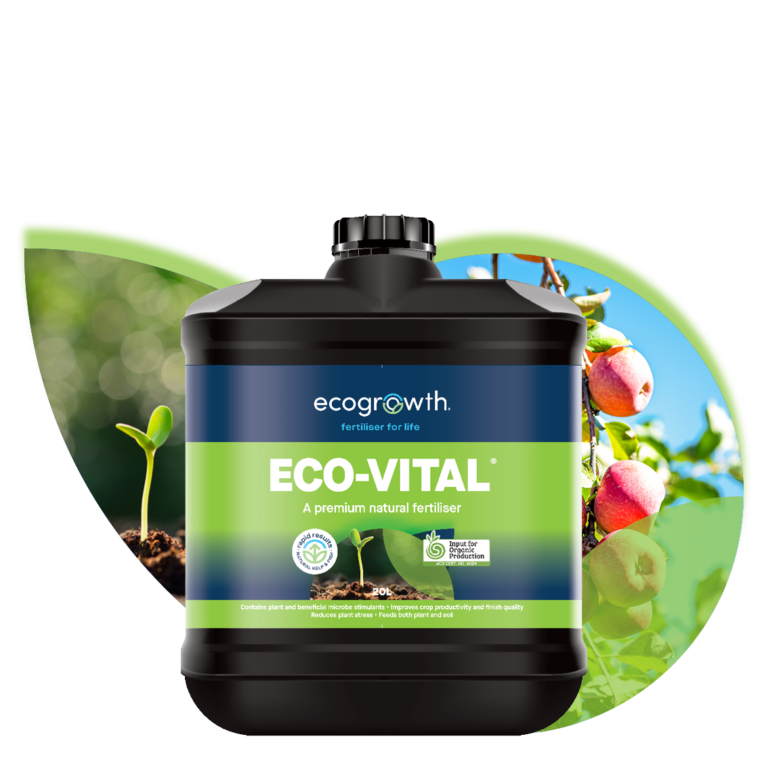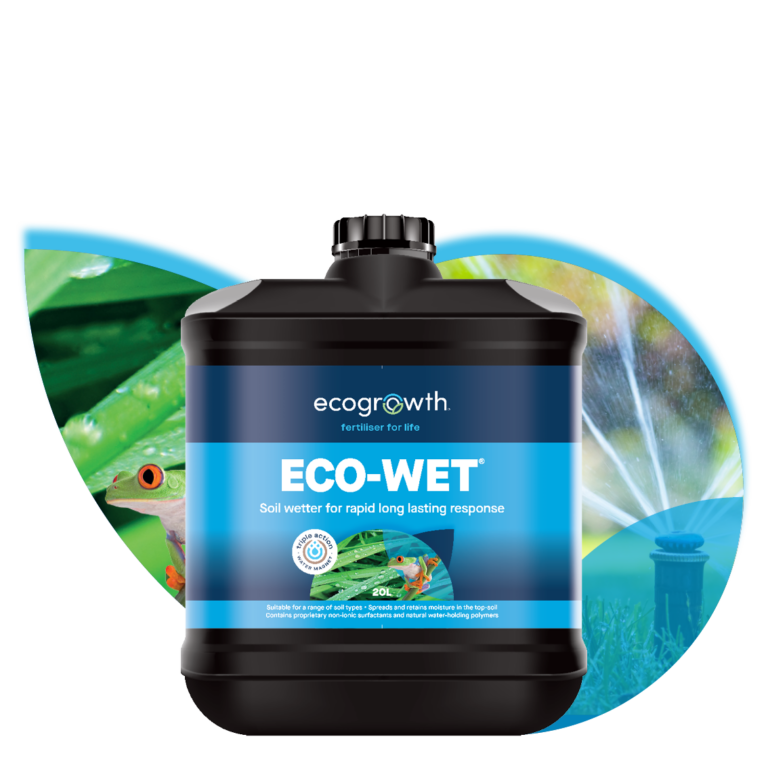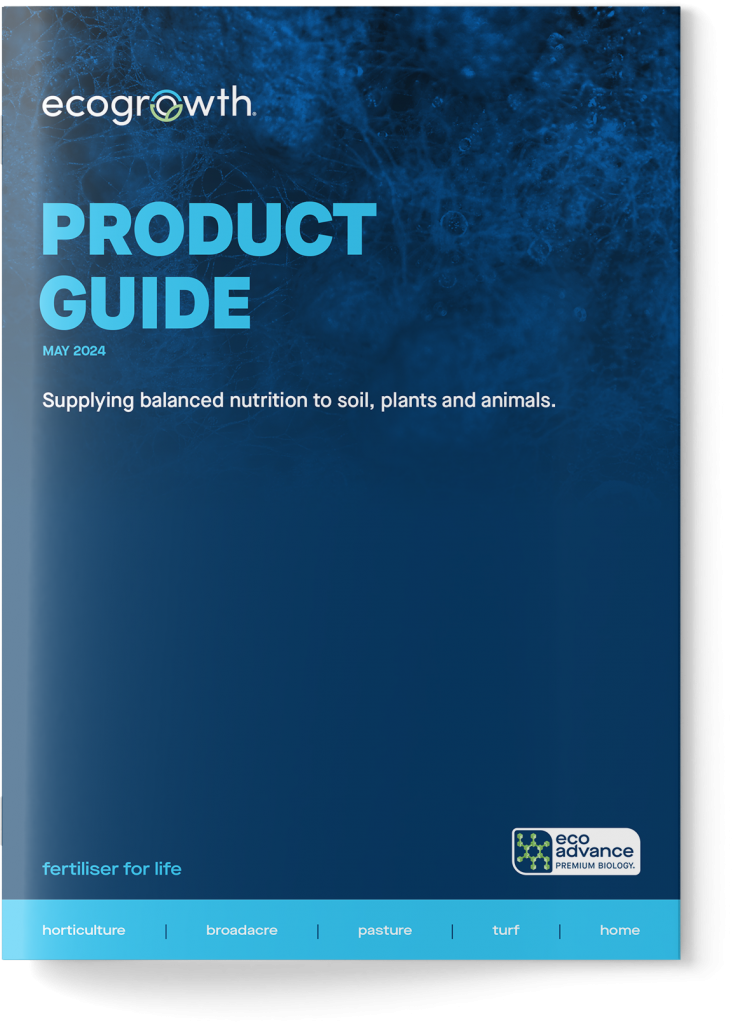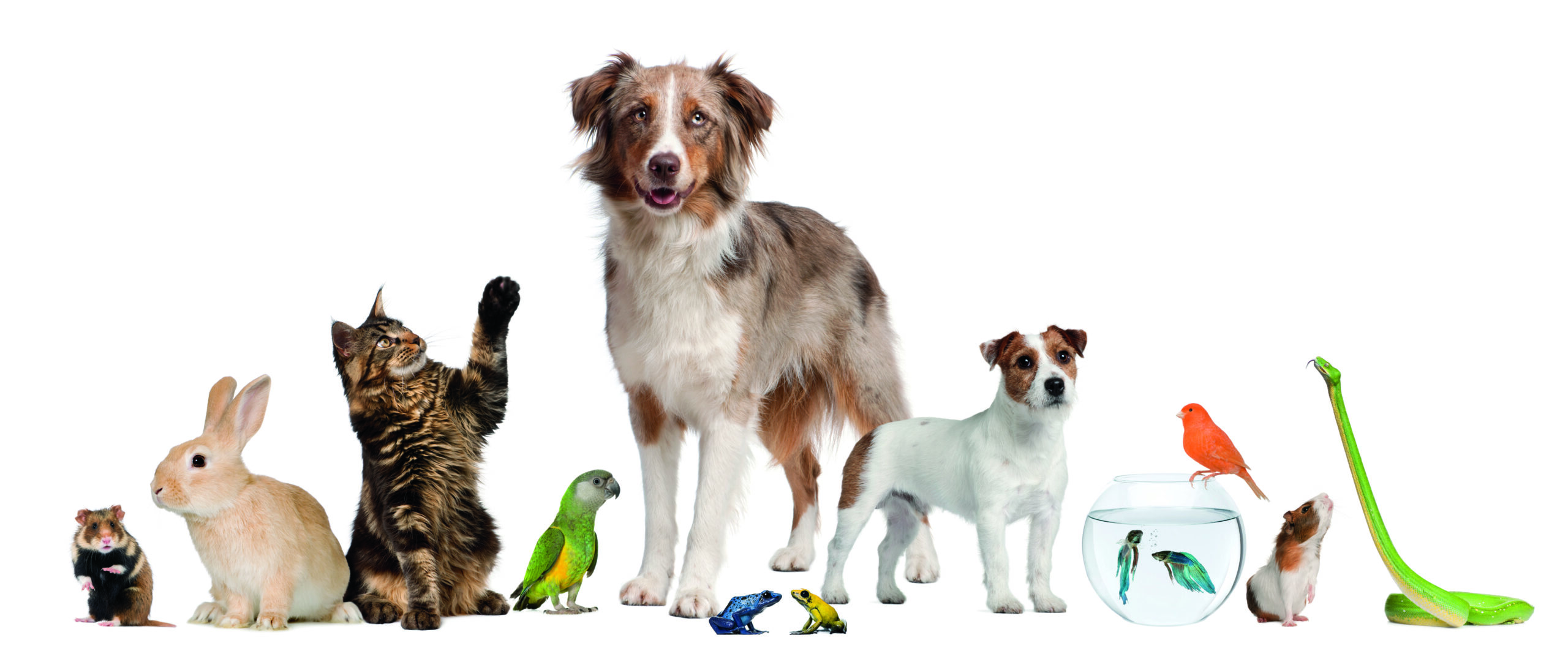
TECHNICAL ARTICLE
Are Ecogrowth fertilisers safe for animal ingestion?

This is a frequently asked question we receive about our soil amendments and fertilisers. One of the most common is whether our lawn fertiliser is safe for dogs. So we took the opportunity to get the answer from an animal health expert; emergency and critical care vet, Dr. Anastasia Fell-Smith BSc, BVMS(HONS), MANZCVS(ECC).
I have been a Veterinarian for 26 years, employed as an Emergency and Critical Care Vet for the last 17 years. As such I can testify that ingestion of fertiliser products is a common source of issues for household pets.
Examination of the SDS and product information for Ecogrowth products, Emerald®, Eco-Wet® and Eco-Vital® leads me to believe that, in my opinion, ingestion of any of these products offers little hazard to household pets or horses when the products are applied/mixed according to the product instructions.
In their undiluted forms, ingestion of Eco-Wet® and Eco-Vital® in large amounts has the potential to cause mild gastrointestinal irritation, and they are classified as low-level skin and respiratory irritants. The aroma of Eco-Vital® makes it particularly appealing to dogs and cats, but licking up the diluted product after application to pots and plants should not cause any problems to a healthy pet. Similarly, application to grassed paddocks grazed by horses, as per the product instructions, should not offer any problem to a healthy horse.
The iron content of some of Ecogrowth fertilisers makes them a source of potential iron toxicity for animals but ingestion of approximately 20mg/kg of iron is required before gastrointestinal signs are noted, and levels of approximately 60mg/kg of iron before severe toxicity is likely. The iron content of the Ecogrowth products has been found to be less than 1% across the range. As such, a 10kg dog would need to consume 2kg of the Emerald® Granular Fertiliser to ingest 20mg/kg of iron.
Sincerely,
Dr Anastasia Fell-Smith
BSc, BVMS(HONS), MANZCVS(ECC)
Emergency & Critical Care Vet
Related products
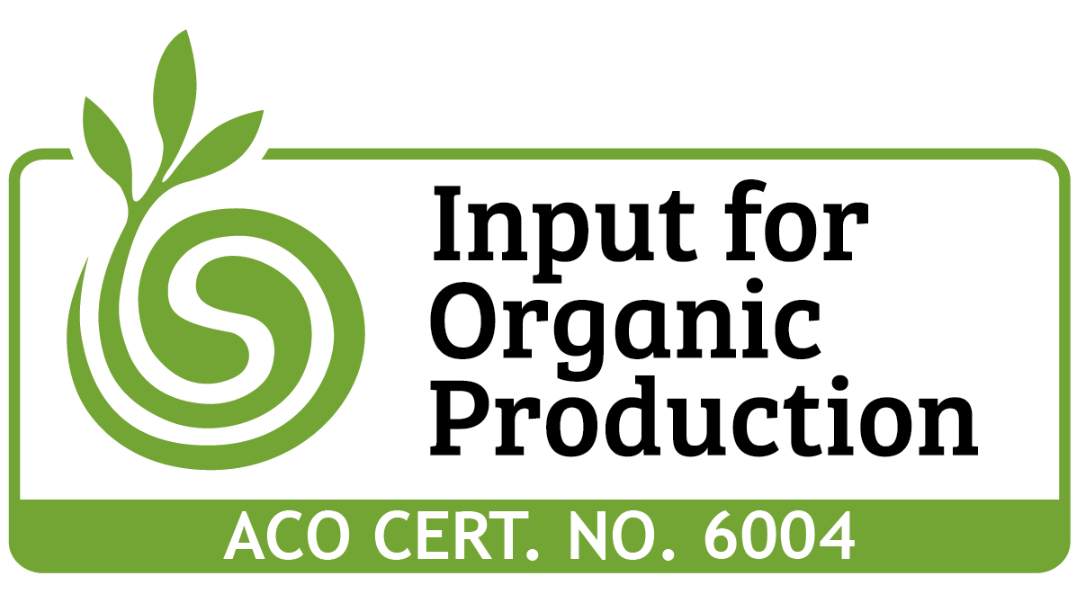
Eco-Vital®
A premium natural kelp and fish fertiliser with plant extracts that delivers rapid results.
